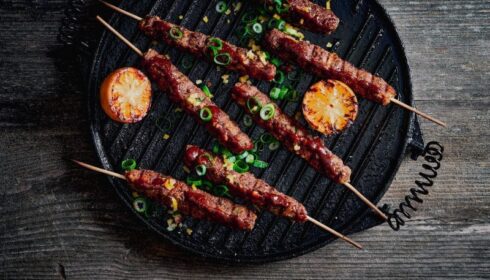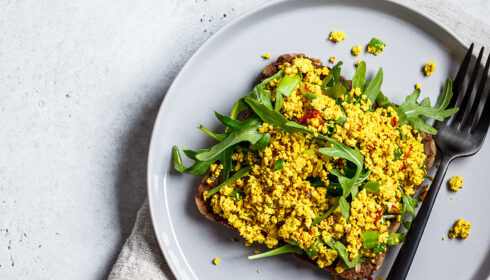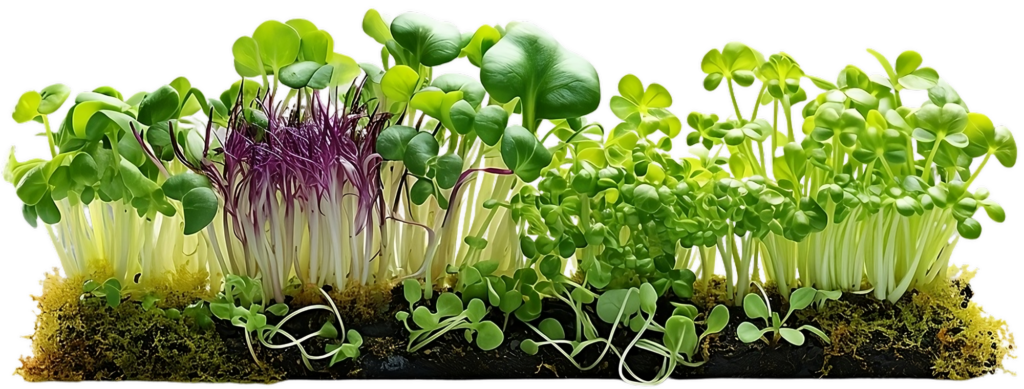Living
While moving to a more plant-based diet may seem like a challenge, a plant-based lifestyle is easier and more convenient than ever before. Here is some practical information to make things even smoother if you’re planning to make this switch.

Learn more
Some of the other ways that proVeg can help you begin a plant-based lifestyle
Health and Nutrition
Plant-based health for a better world
A plant-based diet can provide an ample supply of all the nutrients needed for optimal health. But whether you’re a vegetarian, vegan, or meat-eater, a healthy body requires a balanced and varied diet that includes all the necessary nutrients.
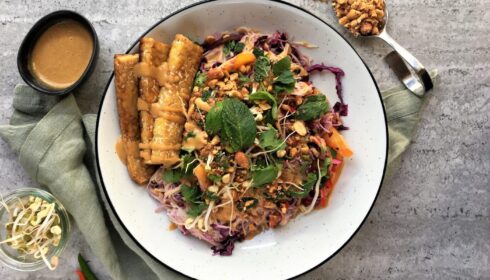
The advantages of a plant-based diet
Numerous studies have shown the preventive potential of following a plant-based diet. As a result, plant-based…

Vitamin B₁₂ Facts
Vitamin B₁₂ is an essential vitamin that performs many important functions in the body. It is exclusively…
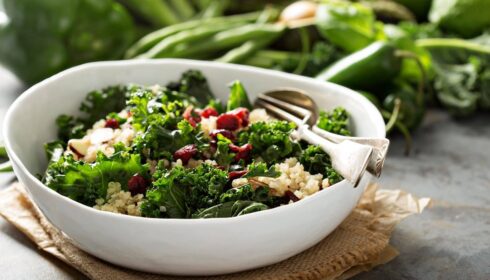
Sources of calcium in a vegan diet
There is still a lot of misinformation about vegan diets, including the myth that people need to consume dairy…
Plant-Based Alternatives
The foods you love, made sustainable and cruelty-free
From milk and eggs to meat, fish, and honey, plant-based alternatives and substitutes are now available for nearly all animal-based foods. The selection is huge and getting bigger all the time, offering a range of culinary possibilities that is nutritious, cruelty-free, and uses far less resources.

The 10 best vegan egg alternatives for eggless baking and cooking
Due to their foaming and binding properties, eggs are an important ingredient in many dishes, from baked goods…
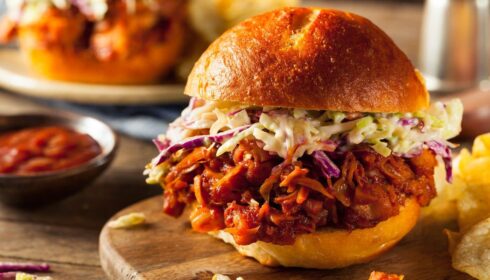
The 10 best vegan meat alternatives
Nutritionists and climate experts alike are warning against the consequences of the current high levels of…
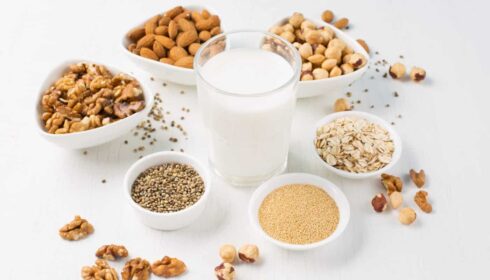
The 10 best plant-based milks
Although plant milks have been consumed for centuries in various cultures, their popularity has skyrocketed…
Veggie Challenge
Expand your reach and grow your brand with the Veggie Challenge
The Veggie Challenge is a digital app that encourages people to eat a plant-based diet for 30 days.
With +500,000 participants so far, the Veggie Challenge is the perfect opportunity to introduce your plant-based products to customers who are trying plant-based alternatives and recipes, often for the first time.
Veggie Challenge Teams for groups makes it perfect for companies to collectively embark on the challenge with their employees!

If you’d like your company to sign up for the challenge or are interested in being a corporate sponsor, please get in touch.
Recipes
What do you want to cook today?
From healthy breakfasts to decadent desserts, plant-based cooking presents endless opportunities for culinary exploration. Take a tour of our rich selection of plant-based recipes to find the perfect meal for any occasion.

ProVeg Schools and Colleges
Healthier young people for a healthier planet
Our school-food and college-catering programmes, including School Plates in the UK and Tasty Food for All in Germany, help caterers in schools, colleges, and universities to make small changes to menus that can have a big impact on the health of young people and the health of the planet.
We work with local authorities, schools, colleges, and private caterers, offering a range of support services, including:

Menu consultation and advice.

Recipe development.

Impact assessments.
All of these services are provided by the ProVeg countries completely free of charge. Our previous programmes in Germany, Climate-Efficient School Kitchens (KEEKS) and Plant-Powered Pupils (Aktion Pflazen-Power), were recognised by the United Nations with the Momentum for Change award in the Planetary-health category.


